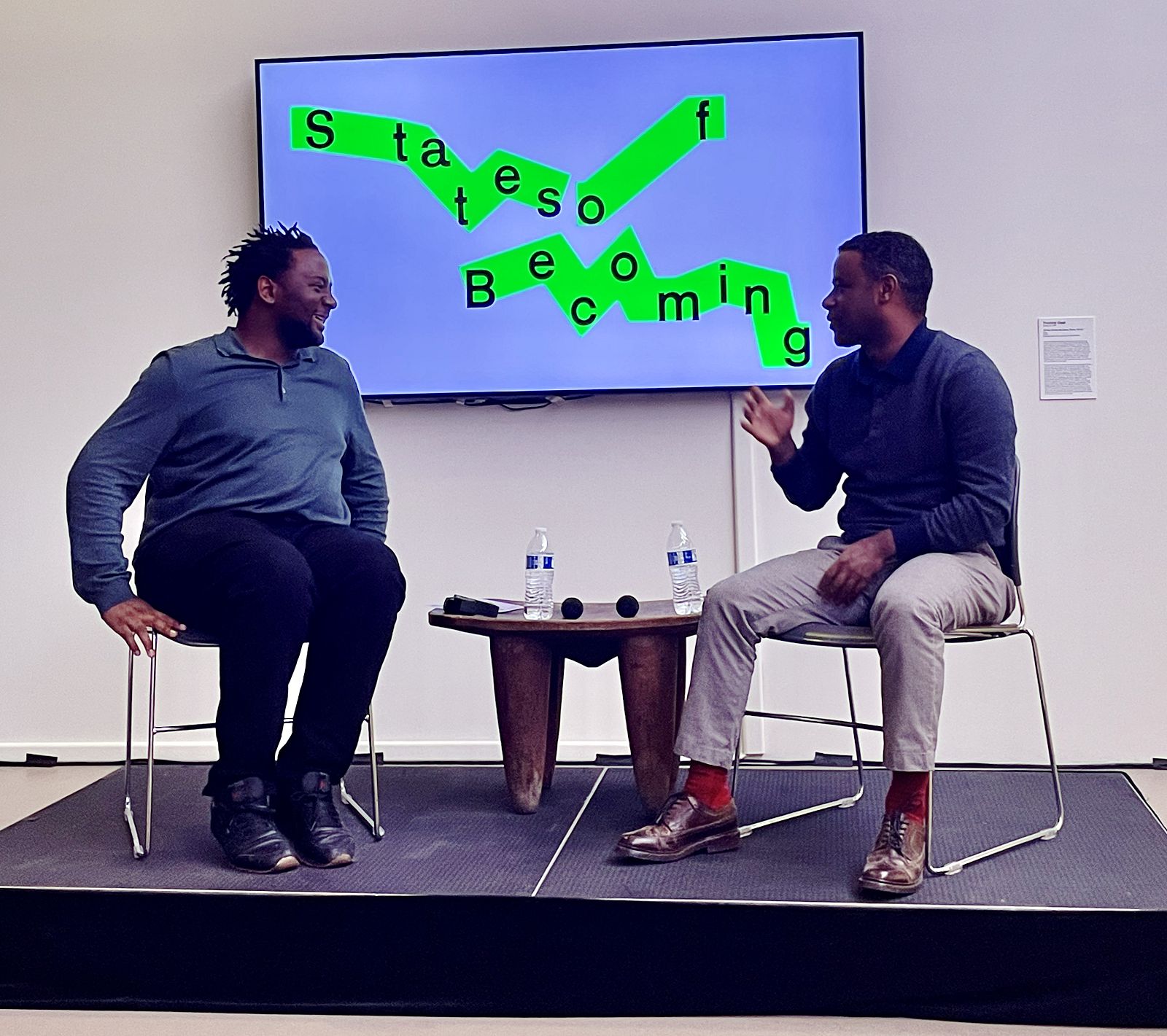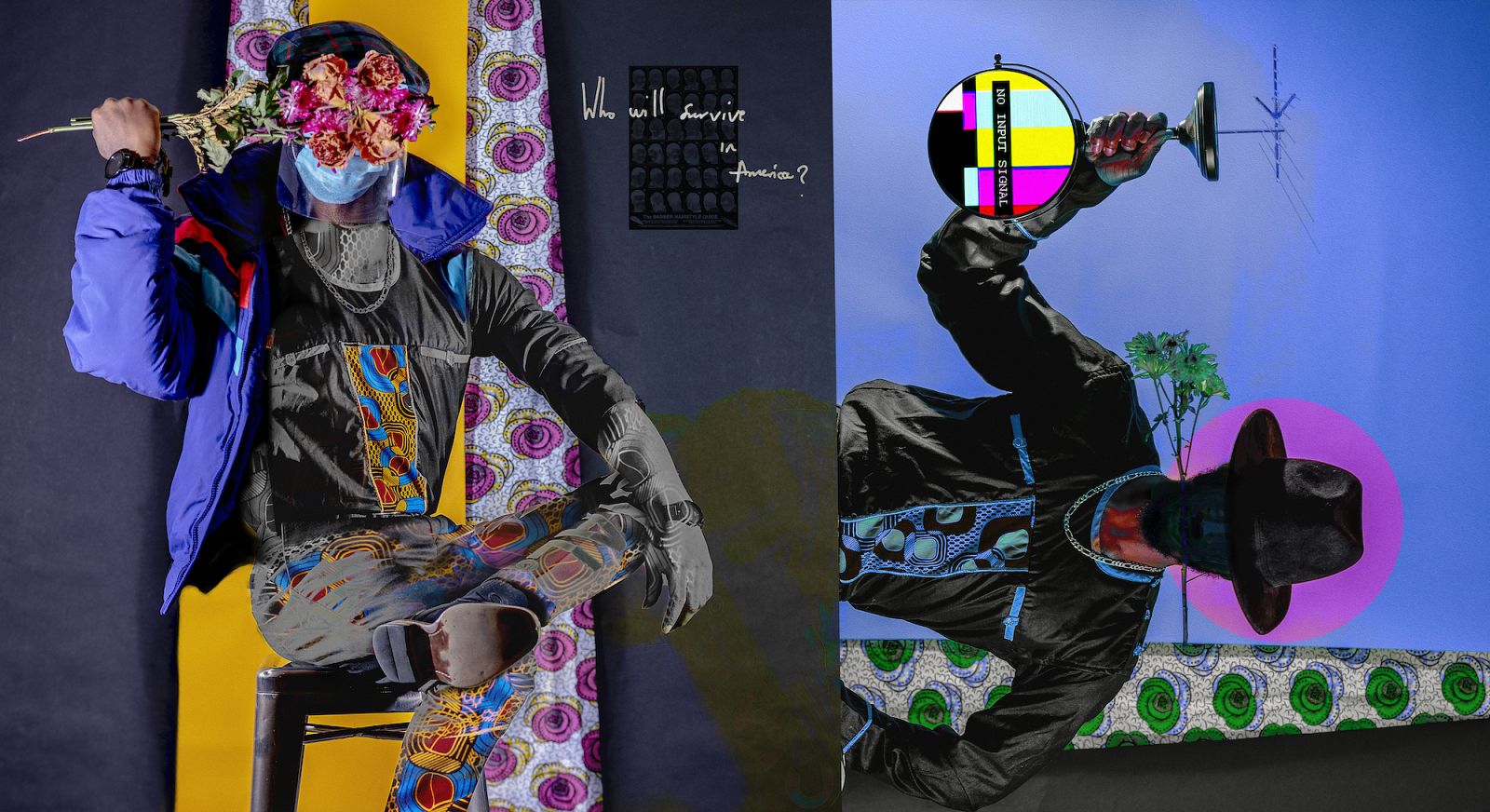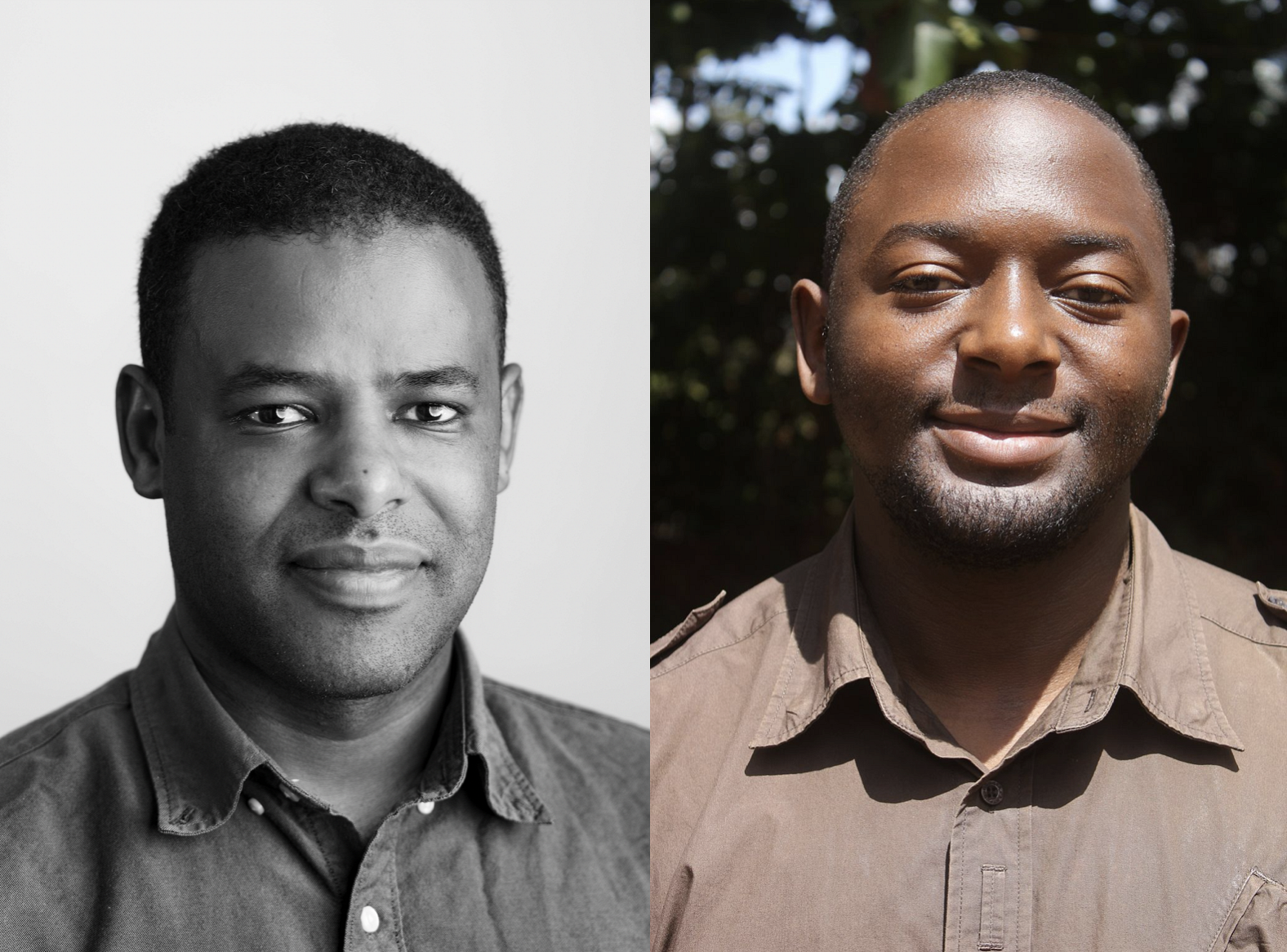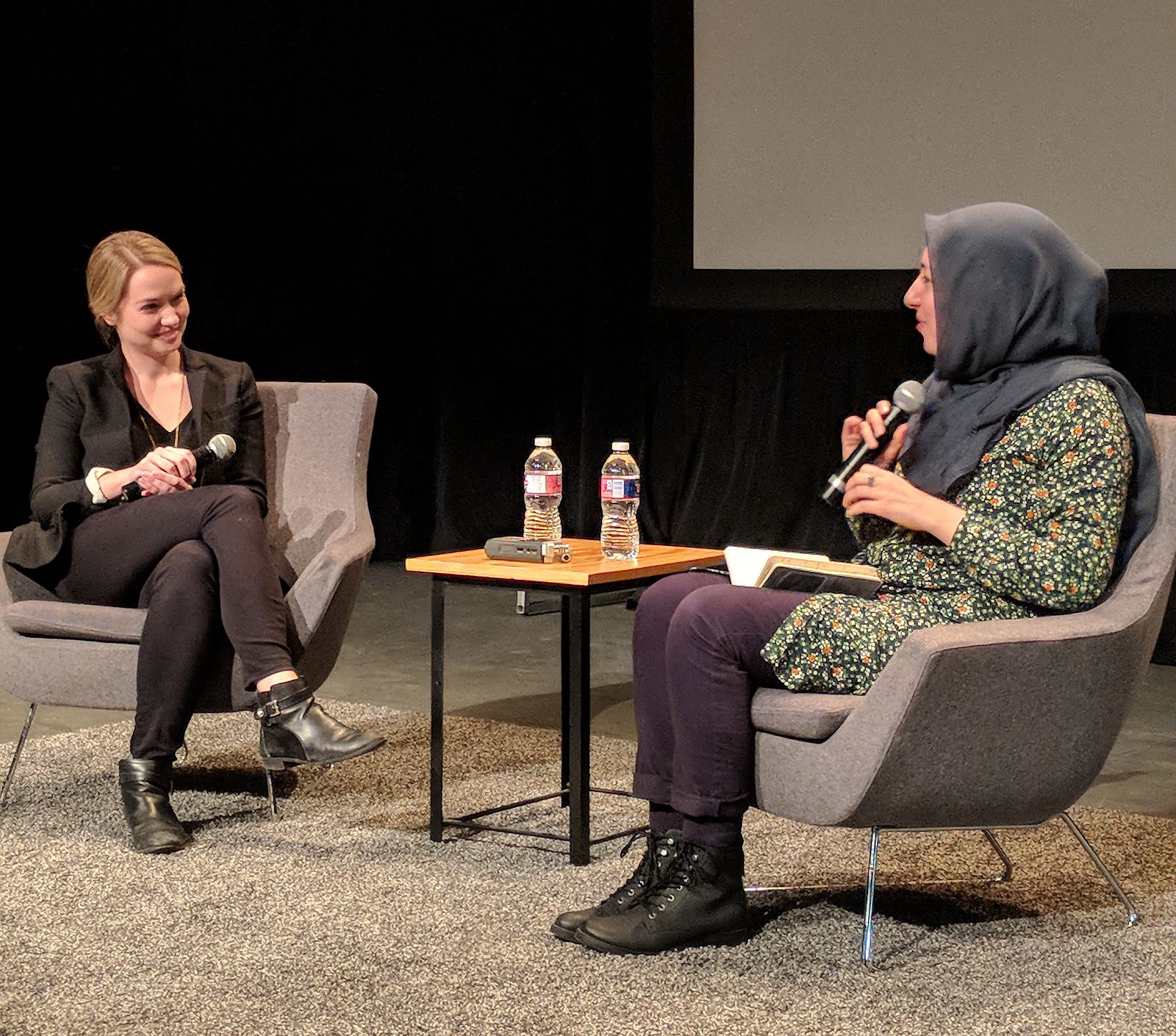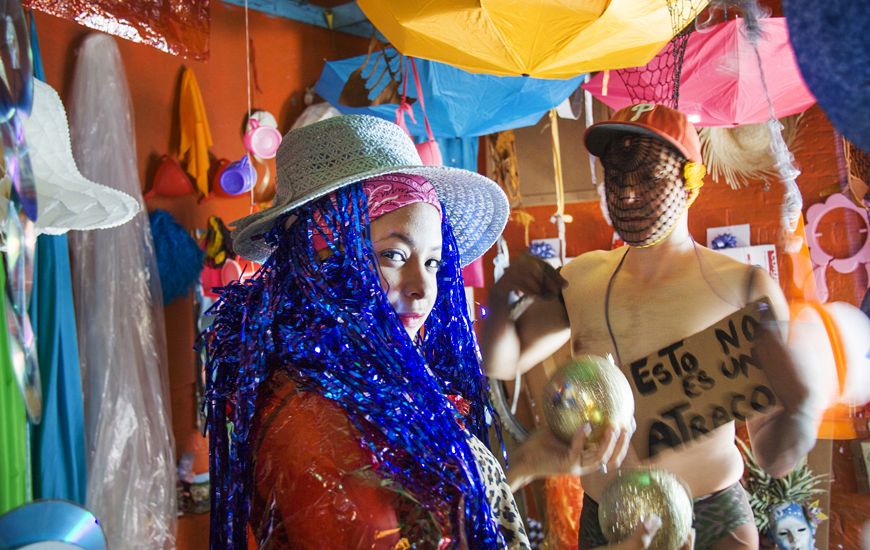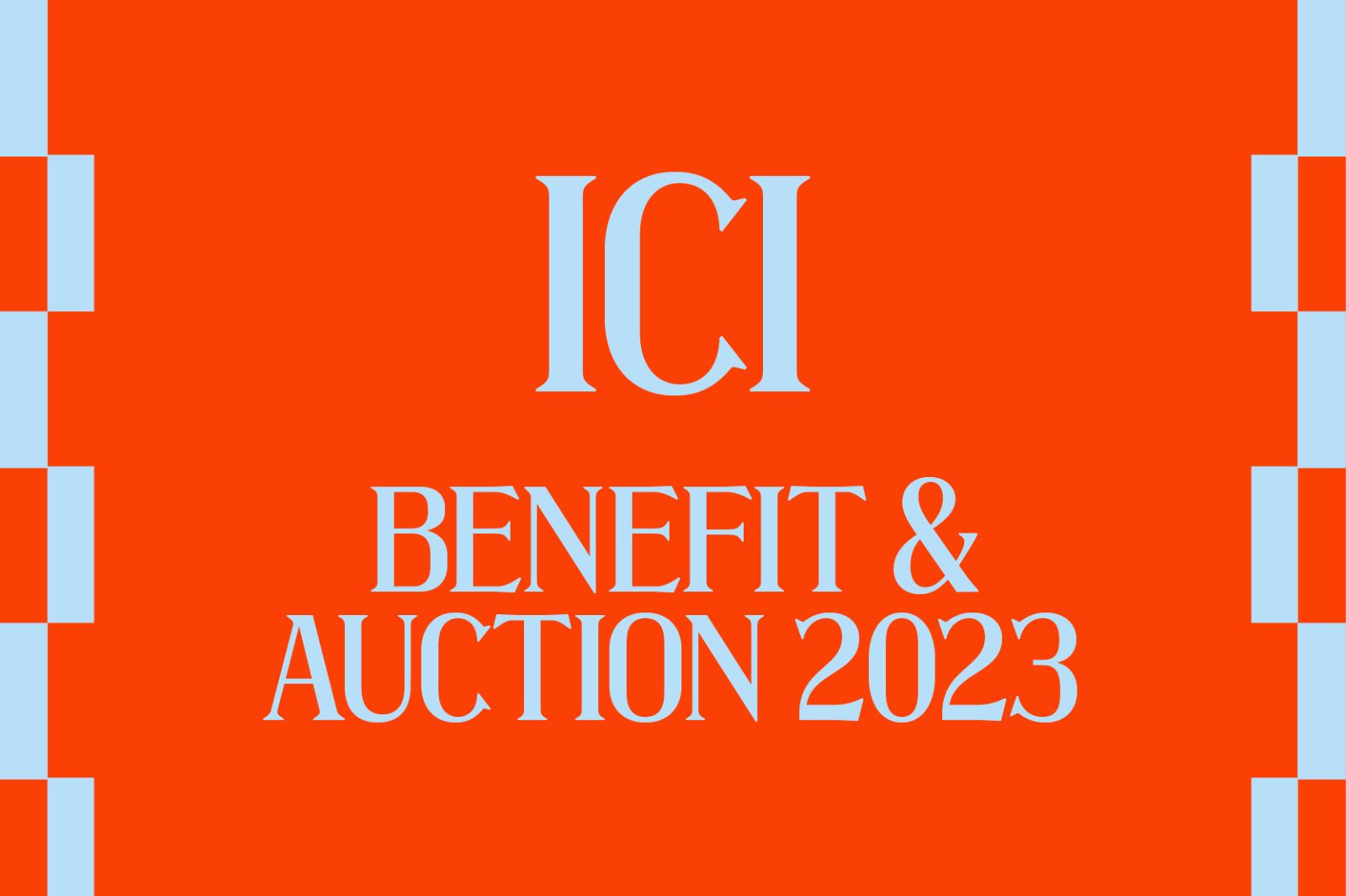Serubiri Moses: I want to start by congratulating you on this exhibition. Could you tell me about your connection with the artists in the show? Could you share about the genealogies, the stories, the paths these artists have taken, and at which point you encountered and incorporated them into this show?
Fitsum Shebeshe: This exhibition happened naturally, based on my experience in America. It started the moment I arrived here and has been in the making until I got the opportunity to propose it to ICI and make it a reality. The artists that we have in the show are seventeen. I have known some of them since I was in high school. Back then, I was not thinking 'I'll be able to work with them in the future'! But I've been a fan of some of them and have seen their transformation artistically, emotionally, and psychologically.
When I came up with this exhibition, I tried to look up artists from different regions of Africa. Sometimes some of the conversations I've had here, especially earlier in my time, with people asking, “Oh, where is Africa?”—You know, this assumption of Africa as a single country. Some people also assume that we all know each other. I say Ethiopia, and they say, “Oh, I've been to South Africa.” So, there is that notion of Africa that I find incorrect. So, I tried to look up artists that reflect the continent's culture. I tried to find artists from English-speaking African countries, French-speaking African countries, and the Maghreb region.
As I mentioned earlier, some of the artists I have known but others I came across while researching this exhibition, so I met most of them via Zoom. It was funny meeting some of the artists in person at the opening. We would just walk past each other. It was like, “Wait, are you Nadia [Ayari]? Yeah, Nadia, I’m Fitsum. Nice to meet you!”
Serubiri Moses, left, in conversation with Fitsum Shebeshe, right, at the Africa Center in New York on Tuesday, November 15, 2022.
SM: I want to ask about your academic research concerning this exhibition. In particular, Paul Zeleza, the scholar. I want to ask you about his work and your research into his notion of diaspora. Just to preface this question, I think there is a lot of debate about the word diaspora, and some of the debate is contentious. So I want to avoid getting into it, but could you talk more about Paul Zeleza and his work and influence on the show?
FS: What's very interesting about Paul Zeleza is how he defines the African diaspora. To Zeleza, it's more of a process that can have a product. In this process, there is an opportunity to undo your Africanness and then redo it. There is an opportunity for people to completely get out of being in a diaspora and go back in. So I found this aspect of his definition very relevant to me, and that's how I became a fan of his scholarship.
SM: [In an earlier conversation] you mentioned Valentin Yves Mudimbe, who wrote the book The Idea of Africa. I think it's really interesting that these writers, questioning the singularity of the continent, push us into this gray area you're talking about. As a curator, I think you dispel the idea of an African art. You reject the idea that there is such a thing as African art to fully, as you said, rearticulate your Africanness in a way that is not subjugated, essentialized, or stereotyped.
The opportunity to ask Fitsum questions was now open to the audience.
Audience Member 1: How has your curatorial career or technique changed from when you worked at the National Museum in Ethiopia to work in the United States?
FS: That's a tough question. I worked at the National Museum in Ethiopia for over three years. Those times were transformational: I went from being a painter and starting to learn art history to actually doing things in practice. I am more conscious of what I am doing now versus what I was doing in Ethiopia. After ten years, I have had the experience of meeting people, working with people, and working with artists. Each time I do a show, I learn something from it. In Ethiopia, maybe I was more limited to a certain idea or perspective because I had no traveling experience. I was probably one of the few who didn’t leave Ethiopia until their late twenties. So, I think that that has its own implications. It's good that I have the privilege to travel around now and get more exposure and be in more conversations that I sometimes find myself struggling to understand; sometimes, these conversations inform my practice.
States of Becoming, installation view, The Africa Center, New York, 2022. Photo by Anita Ng. Courtesy of The Africa Center and ICI.
Audience Member 2: Turning to the industry, do you feel that, as a Black curator, you are pigeonholed? Are there certain narratives that you are expected to only work within?
FS: Yes and no for the first question. Of course, particularly in my experience, it was in the United States that I learned for the first time that I'm actually a Black person. That was 2016, long ago. So, figuring out my place in the industry was hard. I'm saying it right now because it really affects you: My self-esteem, the way I think, and the way I see myself; these are challenges I must overcome just because I'm different and Black. Learning that you are a minority, for me, is something that I couldn’t get over for a very long time. But it was possible, and I was able to move on and grow out of it.
In terms of artists, I studied Western art history, which is a problem, interpreting African art or arts from Africa using the Western language. I usually work with artists who find purpose in their work, regardless of who they are or where they come from. [While curating at Harmony Hall Arts Center] oftentimes, I tried to give opportunities to Washington D.C. metropolitan artists. I have done shows with artists from Pennsylvania, Africa, West Virginia, from anywhere. So, as long as it speaks to me and is something that interests me, I don't really set a particular line as to whether I should work with this demographic or do this or that. I can talk about the first question for a very long time. It's been really tough for me to go through this experience and be where I am today.
Left: Amare Selfu, Walk in the Rain, 2007, oil on canvas, 43 x 31 in. Collection of the artist. Right: Amare Selfu, Landscape, 2019, oil on canvas, 48 x 36 in. Collection of the artist.
Renaud Proch [ICI Executive & Artistic Director]: I wanted to return to your working definition of diaspora as a process. I know, Fistum, that you've been thinking about the ideas behind this exhibition, States of Becoming, through previous, earlier exhibitions: Depart Africa and other, maybe smaller exhibitions or projects with artists. So I wonder if you can elaborate on the process through which you ran into this diaspora for the last six years, and maybe, what seeing this show finally open here with all of the seventeen artists, what's speaking back to you, due to that process-based definition?
FS: I will go back to the definition of diaspora and how I decided to only focus on artists who moved here or lived here within the past 30 years. In The African Diaspora: African Origins and New World Identities, Isidore Okpewho defines the diaspora as a contemporary who is post-independent of Africa. The driving forces, for him, are globalization and societal change in Africa. He mentions three dynamics that the artists I selected don’t necessarily conform to. Social, political, and globalization are, for him, the factors that fueled the migration into the U.S. For States of Becoming, some artists moved here for self-realization, particularly those who came to the U.S. to study and ended up staying here. Others moved here for different reasons, but the African diaspora binds them all together. At an earlier time, I focused on a few artists, mainly on their work: How their work shifted from what they were doing in the past. For example, Amare [Selfu] was a realistic painter, but after moving here—he studied at the same school I attended in Maryland—he became an abstract painter. So, I was only focused on the shift in their practice in earlier iterations of this exhibition. But now, I'm also including their experience because each artist brings a unique experience into their work. And that experience binds us together as Africans and our ancestral land, Africa. So this is how my process evolved—at first, it was more limited to the work, and now it’s expanded to the artists’ experiences as well.
SM: Thank you! And with that, we'll end the conversation.
